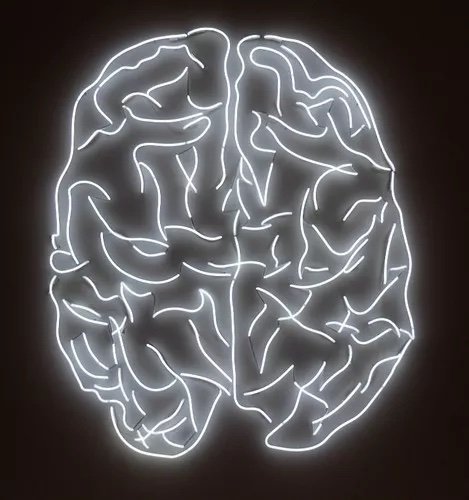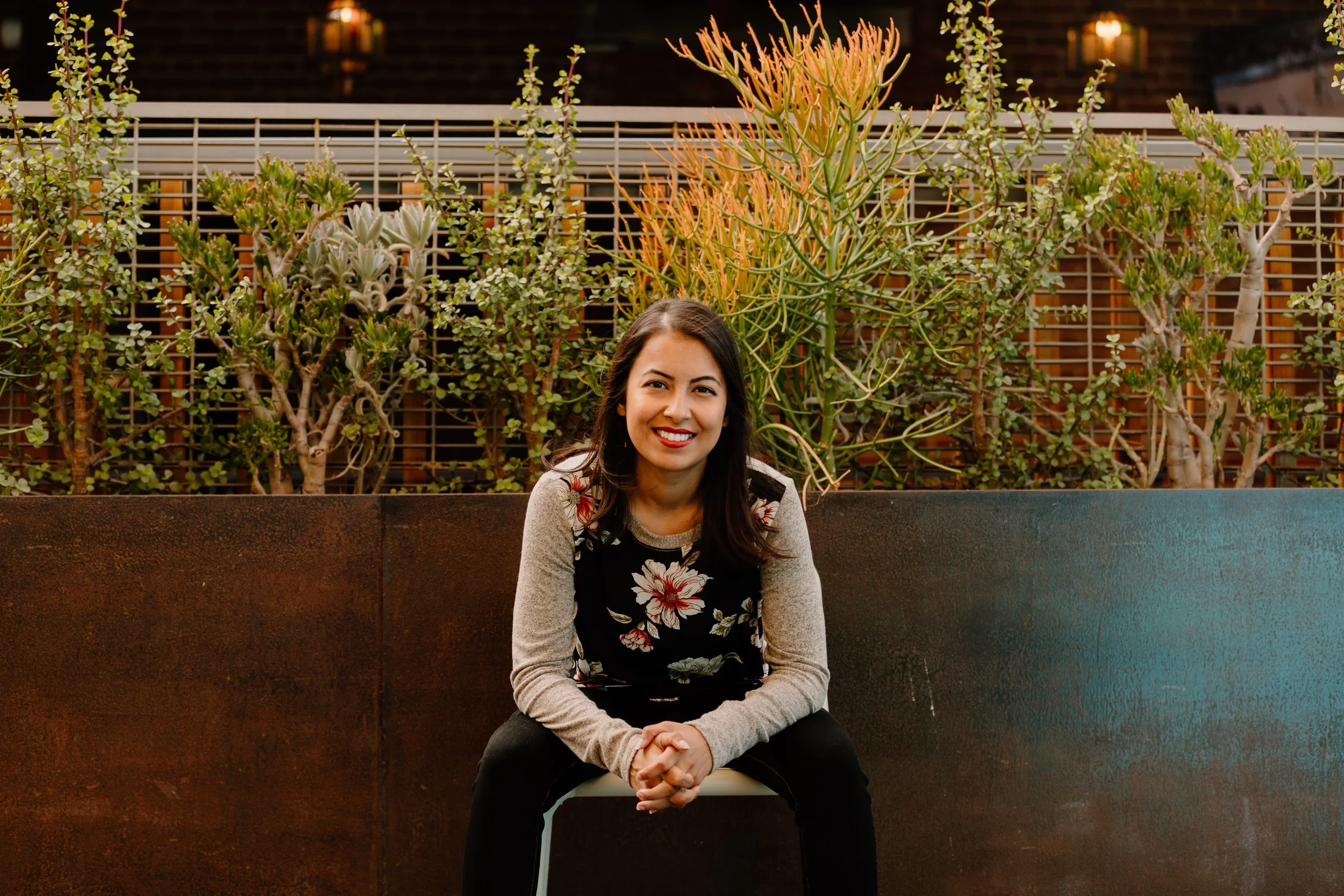
Neurodivergence.
Neurodivergence refers to the natural variation in the human brain and how it processes information, thinks, feels, and interacts with the world. The neurodivergent community encompasses a range of cognitive and neurological differences, such as autism, ADHD, dyslexia, dyspraxia, Tourette syndrome, and more. Neurodivergent-affirming therapy focuses on creating a space where you can feel seen, heard, and respected in your experience while also providing any support you may need.
If you're a QTBIPOC, AFAB, and/or chronically ill adult, you already know what it’s like to be misread, overlooked, amd pathologized by systems that weren’t built for you.
That gap—between the lived reality of intersectionally marginalized adults and the clinical models that ignore us—is why I pursued rigorous, UCSF-based training in diagnosing ADHD and Autism in high-masking adults.
My approach is trauma-informed, identity-affirming, and story-centered. I listen for patterns, not pathology.
For the misdiagnosed, the overlooked, and the high-masked, I build these neurodivergent assessment protocols for us.
Let’s talk. Book your free 20-minute consult.
-

Autism Spectrum Disorder (ASD)
Autism is characterized by differences in social communication, behavior, and sensory processing as compared to neurotypical people. Autistic people may have hyperfixations, stimming behaviors, or sensory needs. Autistic people may appreciate routines, rules, and patterns.
At its core, Autism represents a different way of processing and interacting with the world, and not a “disorder” that needs to be fixed or "cured.”
-

Attention-Deficit / Hyperactivity Disorder (ADHD)
ADHD is characterized by differences how individuals focus, regulate their behavior, and manage tasks as compared to neurotypical people. People with ADHD can be easily pulled in by thoughts they find interesting, and they may also be able to hyperfocus, be incredibly creative, offer unique perspectives, and have abundant amounts of energy.
Often, the ADHD brain offers gifts that neurotypical society may not immediately identify but are incredibly powerful.

When you meet one person with Autism, you’ve met one person with autism.
—Dr. Stephen Shore
Affirming Resources for Neurodivergence
AANE - Association for Autism and Neurodiversity
Neuroclastic - The Autistic Spectrum According to Autistic People
ADDitude Magazine - Inside the ADHD Mind
CHADD - Children and Adults with Attention-Deficit/Hyperactivity Disorder (CHADD)
ADDA - Attention Deficit Disorder Association
NRC - National Resource Center on ADHD: A Program of CHADD
@Neurowonderful & Bolde - The 5 Neurodivergent Love Languages and What They Mean
Neuroqueer: An Introduction to Theory - Neuroqueer
Black Autistic Lives Matter - Black Autistic Voices
International OCD Foundation - Created by People with OCD
National Alliance for Borderline Personality Disorder
DBT: Dialectical Behavior Therapy - Core Skills


